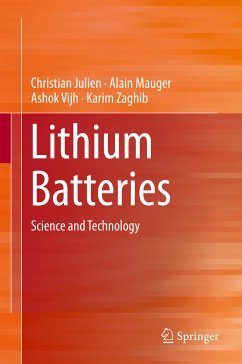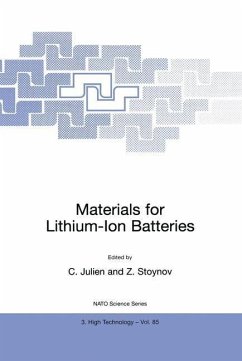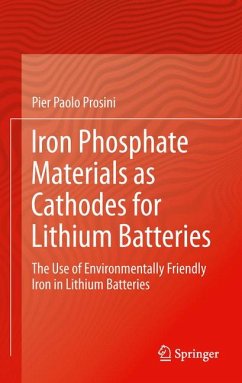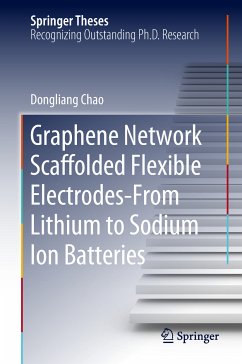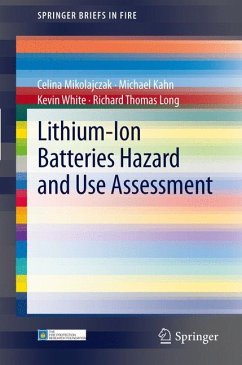Dr. T. Richard Jow is an ARL Fellow and Team Lead for Energy Storage Materials at the U.S. Army Research Laboratory in Adelphi, MD. His work focuses on the development of energy storage materials and devices, including high energy and high power density rechargeable lithium batteries and dielectric capacitors. He has been technical lead for the DOE-ARL joint electrolyte development program since 1999 and managed and co-managed the Army ManTech Programs on Capacitors and Li-ion Batteries, respectively. Before joining ARL in 1989, Dr. Jow was a senior chemist at Allied-Signal in Morristown, NJ, and a senior scientist at Electrochem Industries, a subsidiary of Wilson Greatbatch Limited, in Clarence, NY, developing various electrode and electrolyte materials for high energy density lithium batteries. He received his B.S. and M.S. in Physics from National Tsing Hua University and his Ph.D. in Materials Science and Engineering from Northwestern University. He has authored or co-authored over 130 journal papers and 25 patents in the areas of lithium batteries, electrochemical capacitors, and dielectric capacitors. He is a member of the Electrochemical Society and the Materials Research Society. Kang Xu has been doing research on energy storage technologies for over 20 years. He joined U.S. Army Research Laboratory in 1997, and has been the PI/co-PI for electrolyte projects funded under US DOE Advanced Battery Research, the project leads for various DoD research projects, as well as the Contract Official Technical Representative for diversified research initiatives. His research interests cover materials development and interphasial mechanisms for electrochemical energy storage devices, including lithium and advanced battery chemistries. His recent activities also extend to emerging fronts of bio/nano-structured materials based on viral templates, and their applications in advanced battery chemistries and energy harvesting throughphotosynthetic routes, for which he acts as technical leads in DoD-funded programs. He has been recognized four times by R&D Achievement Awards from the Department of the Army (1999, 2001, 2002 and 2011), the Publication Award (2005), the Army Science Conference Best Paper Award (2008) and the Science Award (2011). He has published over 130 papers in peer-reviewed journals (h-index 43), written 2 book chapters, co-edited a book and currently holds 18 issued U. S. patents. He is an active member of the Electrochemical Society and Materials Research Society. Oleg Borodin works as a scientist at the Electrochemistry Branch of the Army Research Laboratory, Adelphi, MD since 2011. After obtained a Ph. D. degree in Chemical Engineering in 2000 he worked in the area of multiscale modeling of liquid, ionic liquid and polymer electrolytes for battery and double layer capacitor applications, modeling of energetic composite materials, polymers in solutions, and polymer nanocomposites. He co-authored more than a hundred publications and four book chapters. His modeling efforts focus on the scales from electronic to atomistic and mesoscale. Dr. Makoto Ue is a vice president and Energy 2 lab manager of Corporate R&D Center at Samsung SDI, Ltd. in Suwon, Korea. He obtained his M.S. and Ph.D. from The University of Tokyo, Japan in 1981 and 1995, respectively, and studied at the University of Pittsburgh and Lawrence Berkeley National Laboratory, USA from 1988 to 1990. He worked for Tsukuba Research Center at Mitsubishi Chemical Corporation, Japan from 1981 to 2010 as the first researcher of nonaqueous electrolyte solutions (1984), the first top manager of Battery Materials Laboratory (2003-2010), the top manager of Tsukuba Research Center (2006-2010), a fellow (2007-2012), and then an adjunct researcher at National Institute for Materials Science (2011-2012). He has contributed to the growth of Li battery and capacitor industries through hissteady electrolyte research and his products have been adopted in these devices for consumer and automotive applications. Dr. Ue holds about 300 papers/reviews/book chapters and about 300 patents, and is the recipient of seven academic awards including Outstanding Research Paper Award from The Electrochemical Society of Japan (1994), Research Award from International Battery Materials Association (1997), and Battery Division Technology Award from the Electrochemical Society (2004) in Li-battery fields.






